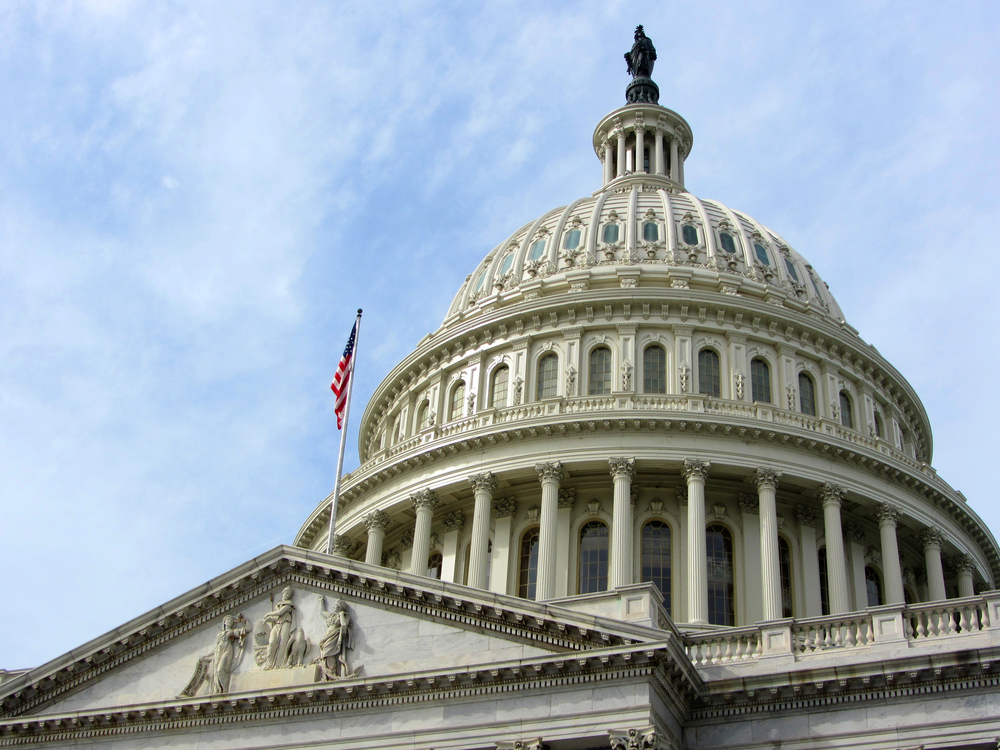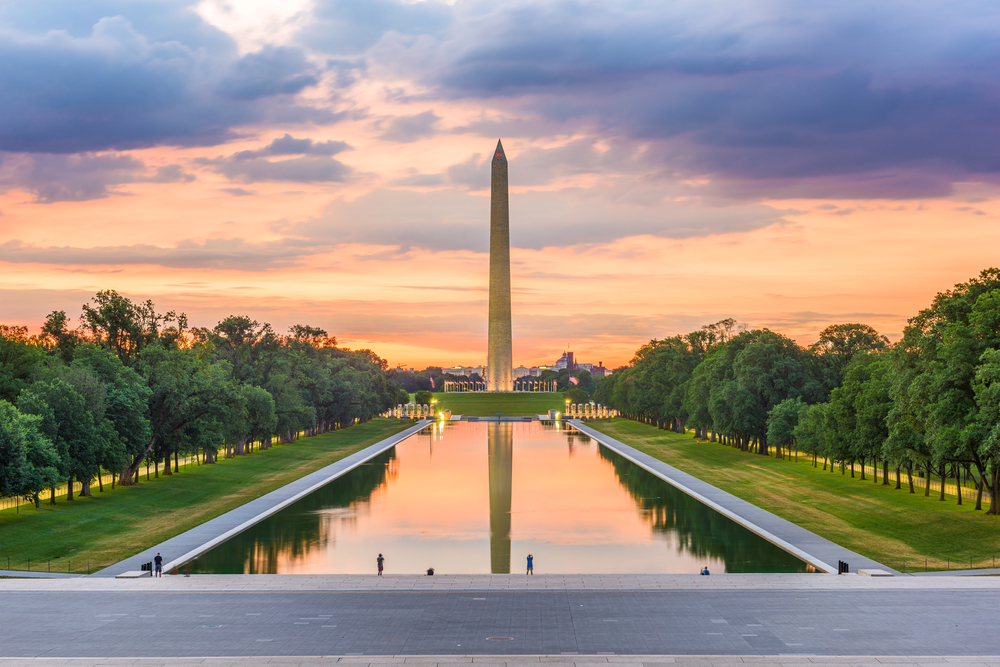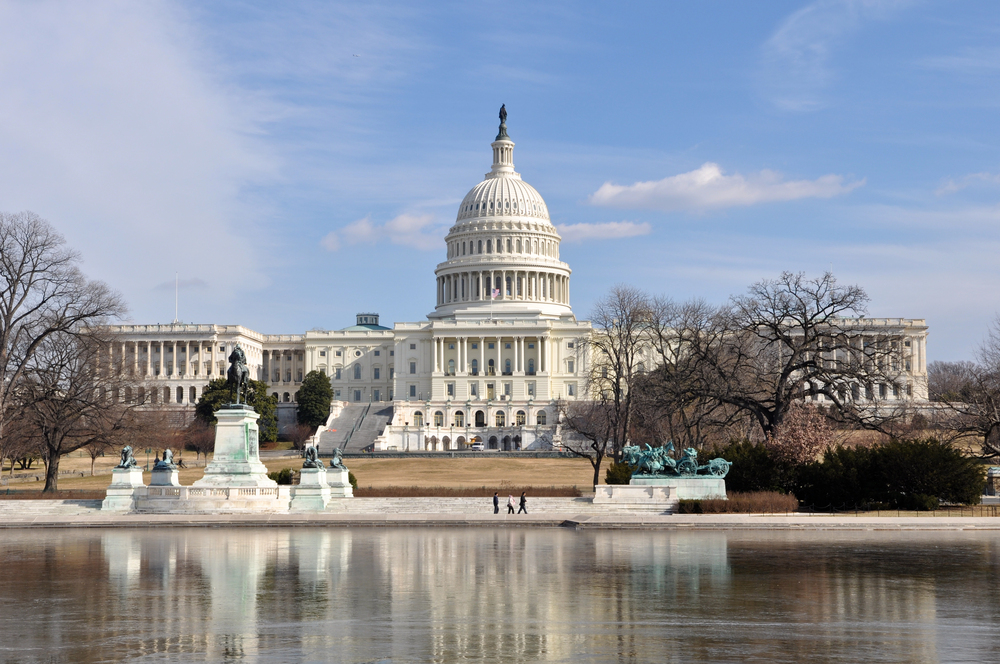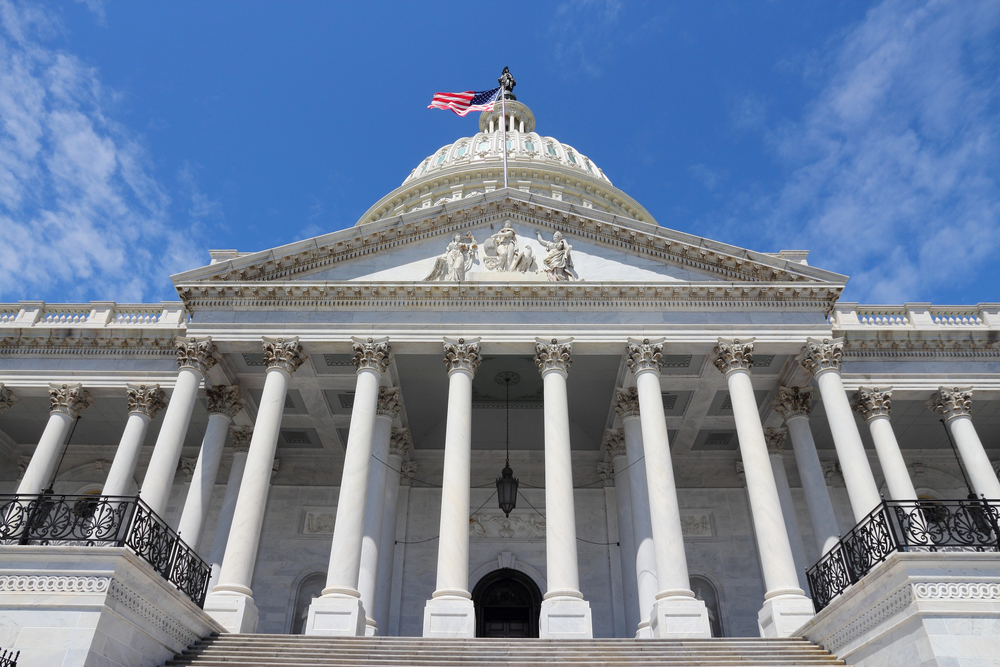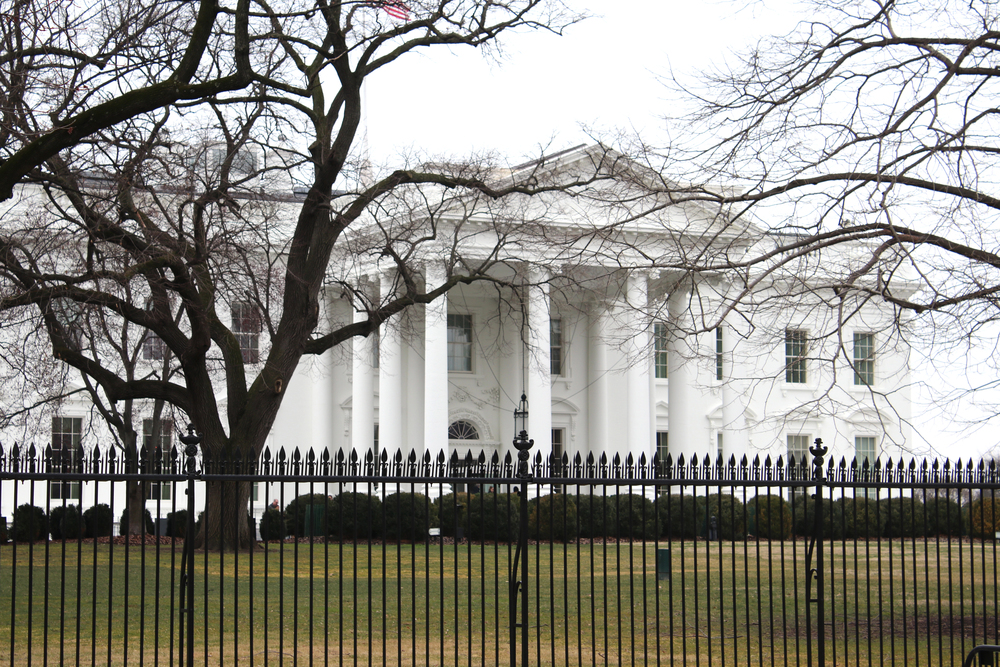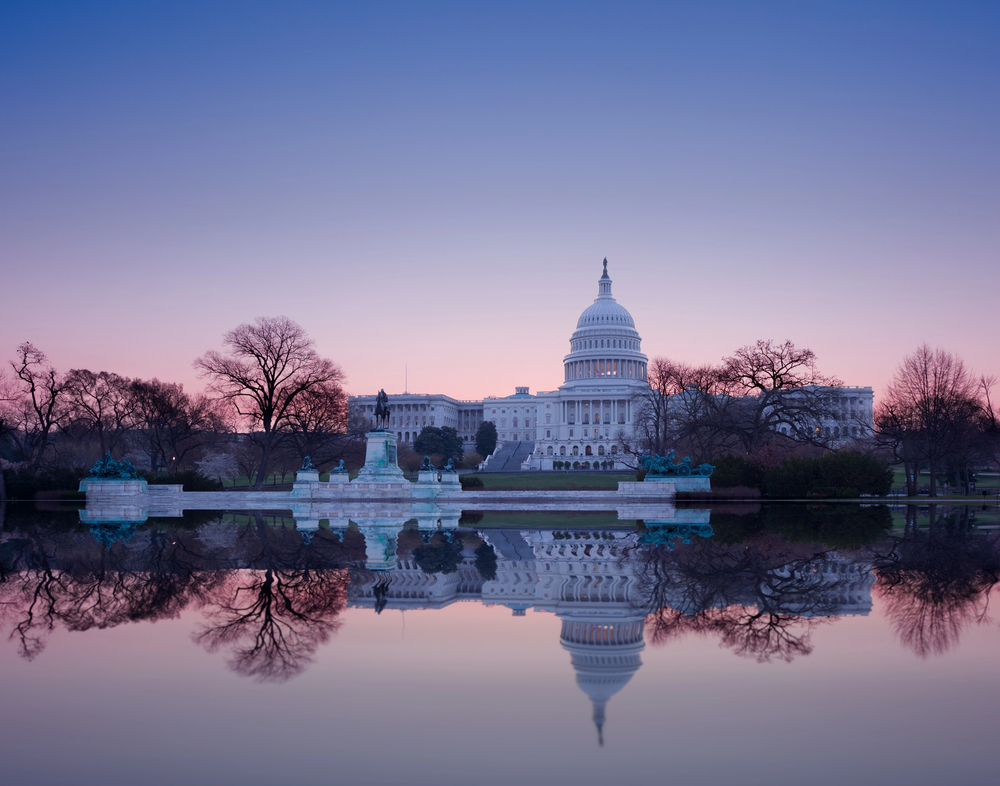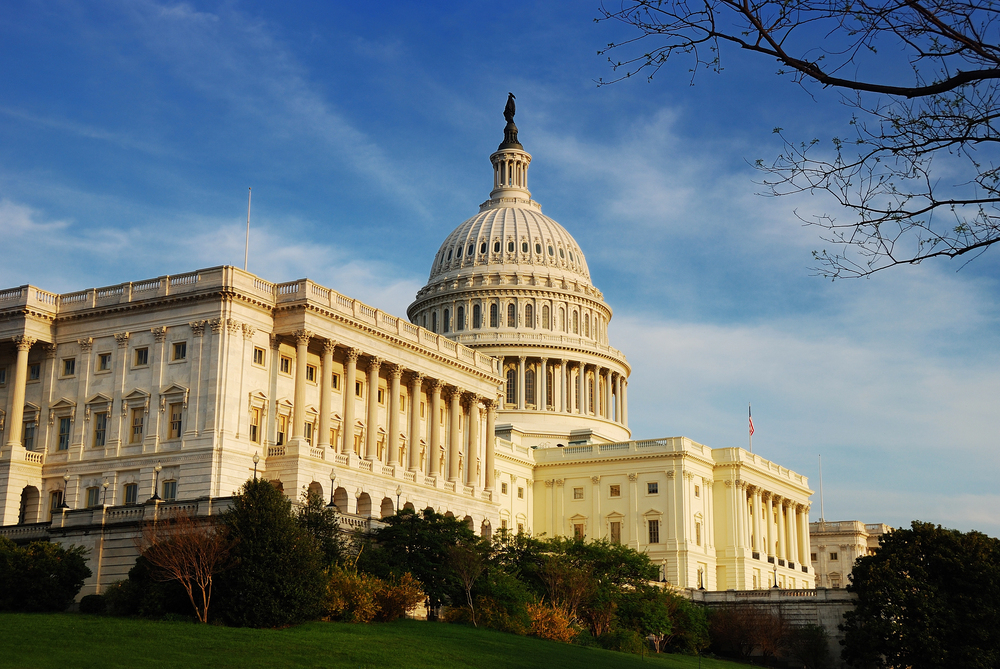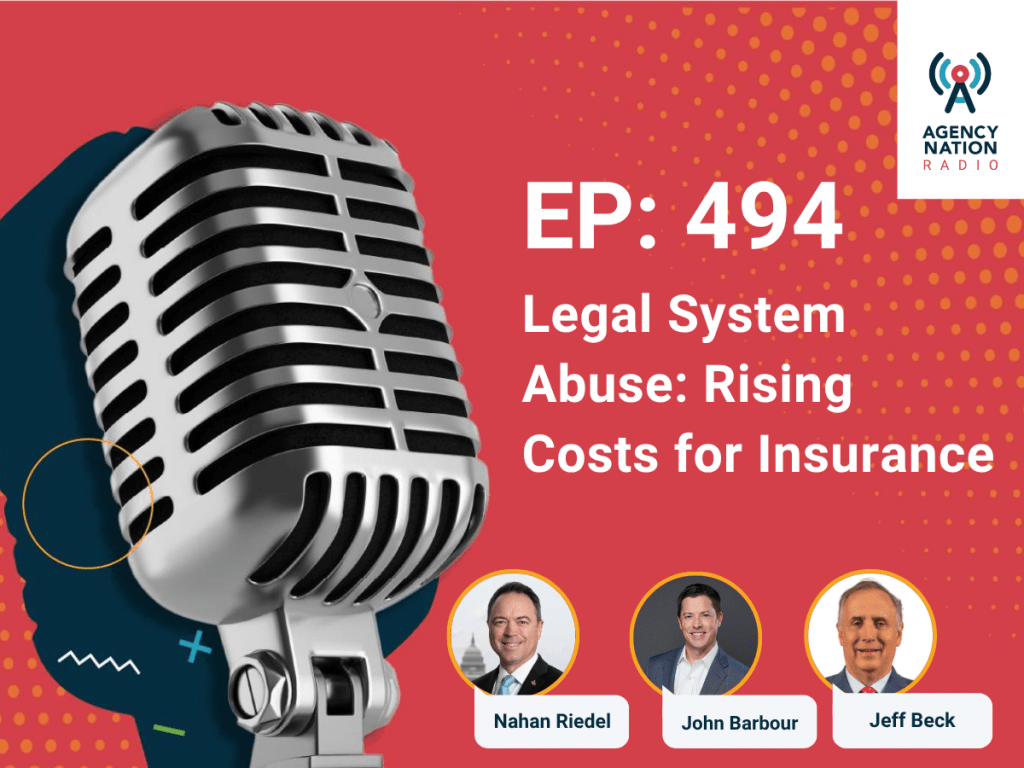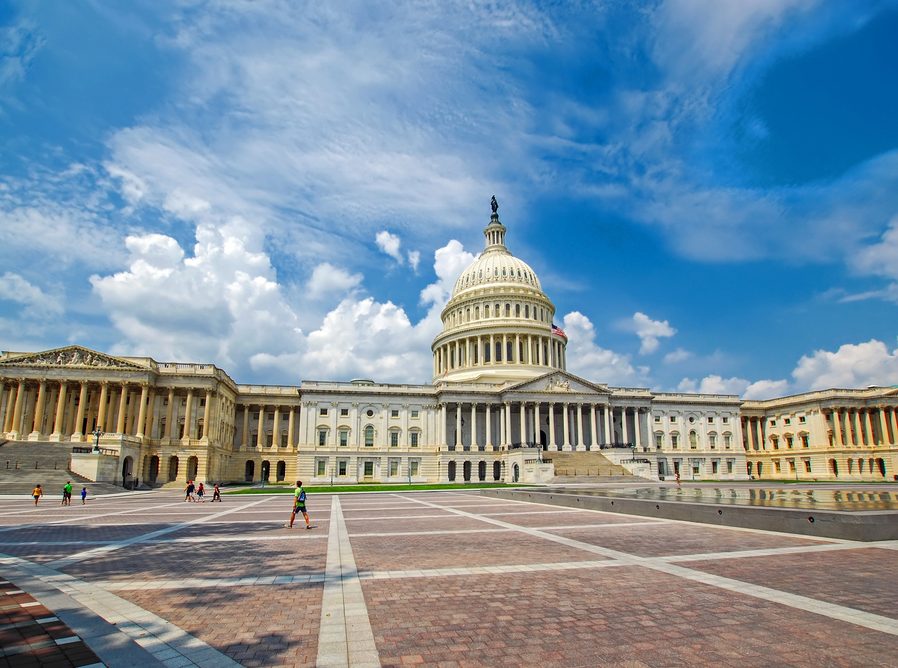House Holds Hearing on Wildfire Risk
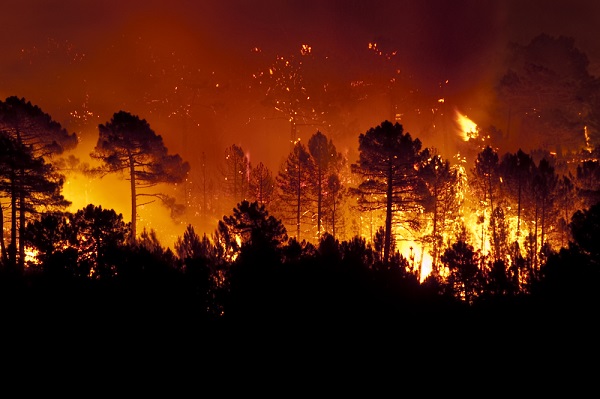
By: Wyatt Stewart
Earlier today, the Housing, Community Development and Insurance Subcommittee of the U.S. House Committee on Financial Services held a hearing, “State of Emergency: Examining the Impact of Growing Wildfire Risk on the Insurance Market.”
The hearing included live testimony from Matthew Auer, dean of the School of Public and International Affairs at the University of Georgia; Amy Bach, executive director at United Policyholders; Ricardo Lara, the California insurance commissioner; Roy Wright, president & CEO of the Insurance Institute for Business & Home Safety (IBHS); and Rex Frazier, president of Personal Insurance Federation of California.
The hearing highlighted the significant increase in wildfire risk over the last several years. Since federal wildland fire agencies began reporting official wildfire data using current reporting processes in 1983, the number of acres burned by wildfires has increased substantially.
By 2021, the five-year average of acres burned by wildfires had roughly doubled from what it was in the early 1990s. According to nationwide data compiled by the National Interagency Coordination Center (NICC), in 2021 alone, 58,985 wildfires burned 7,125,643 acres. According to a 2021 analysis of the insured wildfire losses paid by the insurance industry since 1950, 70% have occurred since 2015. In 2017 and 2018 combined, home insurers’ underwriting losses in California reached an estimated $20 billion, more than double their profits from that line of business since the late 1990s.
The increase in wildfire risk has had a significant impact on both the availability and affordability of wildfire insurance coverage, especially in California. From the end of 2018 to the end of 2019, residential non-renewals by insurance companies increased statewide by 31%, according to the California Department of Insurance, with a 203% increase in non-renewals for homes in the top 10 counties with the highest wildfire exposure.
The hearing also discussed the need for mitigation. Wright focused his testimony on resilience and mitigation and stated that, “We must address the resilience of the built environment as a fundamental part of federal, state, and local wildfire public policy—and the heaviest lifting will occur at the state and local level.”
Wright went on to note that “none of this is free. We cannot in one breath say, ‘The climate is changing and making wildfires worse,’ and in the next breath say, ‘I want the costs of building and insurance to be cheaper.’ The changing climate has a cost, and yet let me underscore my second point: We are not powerless. Strengthening our resilience to wildfire is among the most pressing challenges faced by too many American families, but solutions are within our reach.”
Legislation sponsored by House Financial Services Committee Chairwoman Maxine Waters (D-California), H.R. 8483, the “Wildfire Insurance Coverage Study Act of 2022,” was also discussed during the hearing. The legislation would require FEMA and the Government Accountability Office to conduct studies assessing the danger that wildfires increasingly pose to communities and how the market for homeowners insurance is responding to this growing threat.
Wyatt Stewart is Big “I” assistant vice president of federal government affairs.

